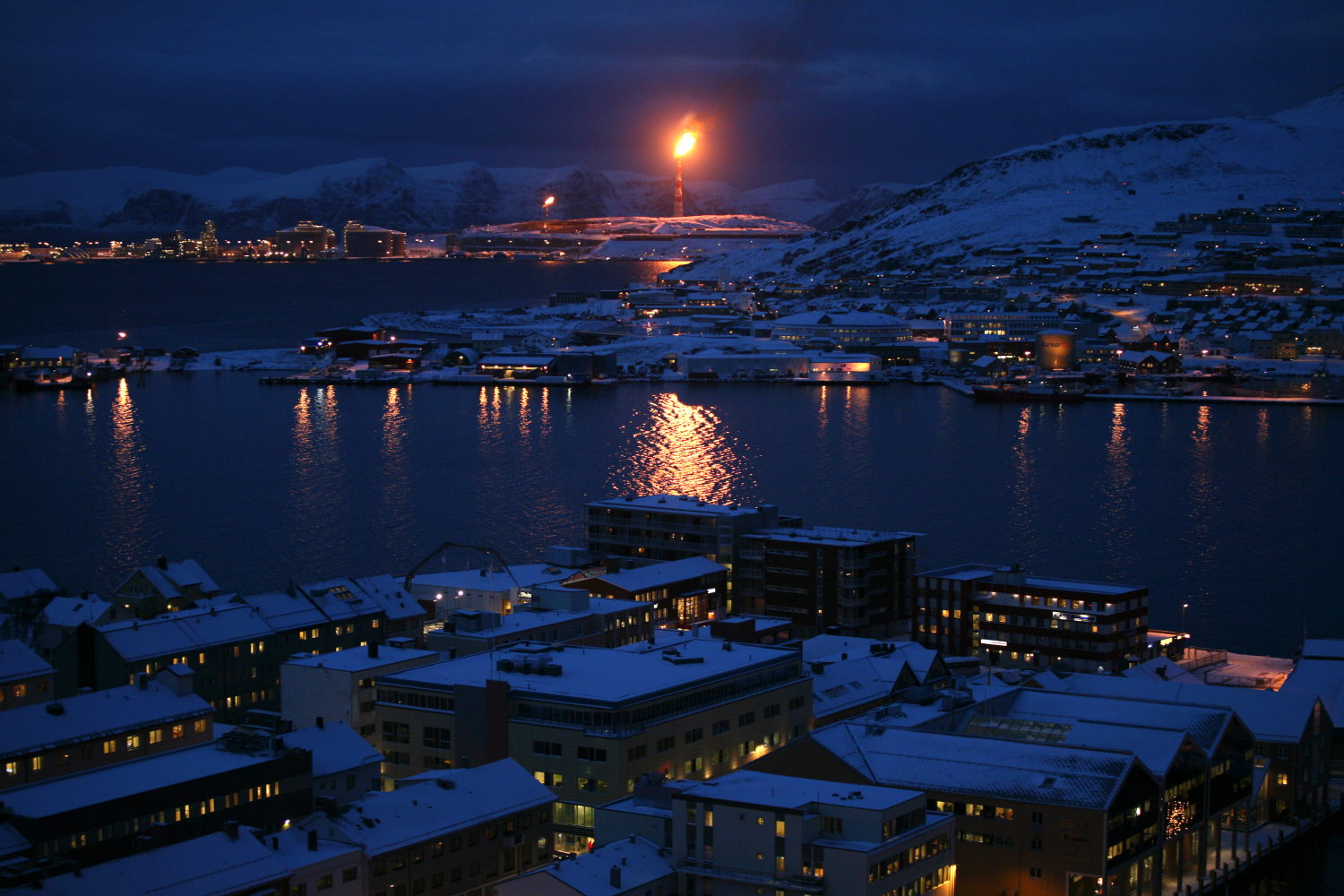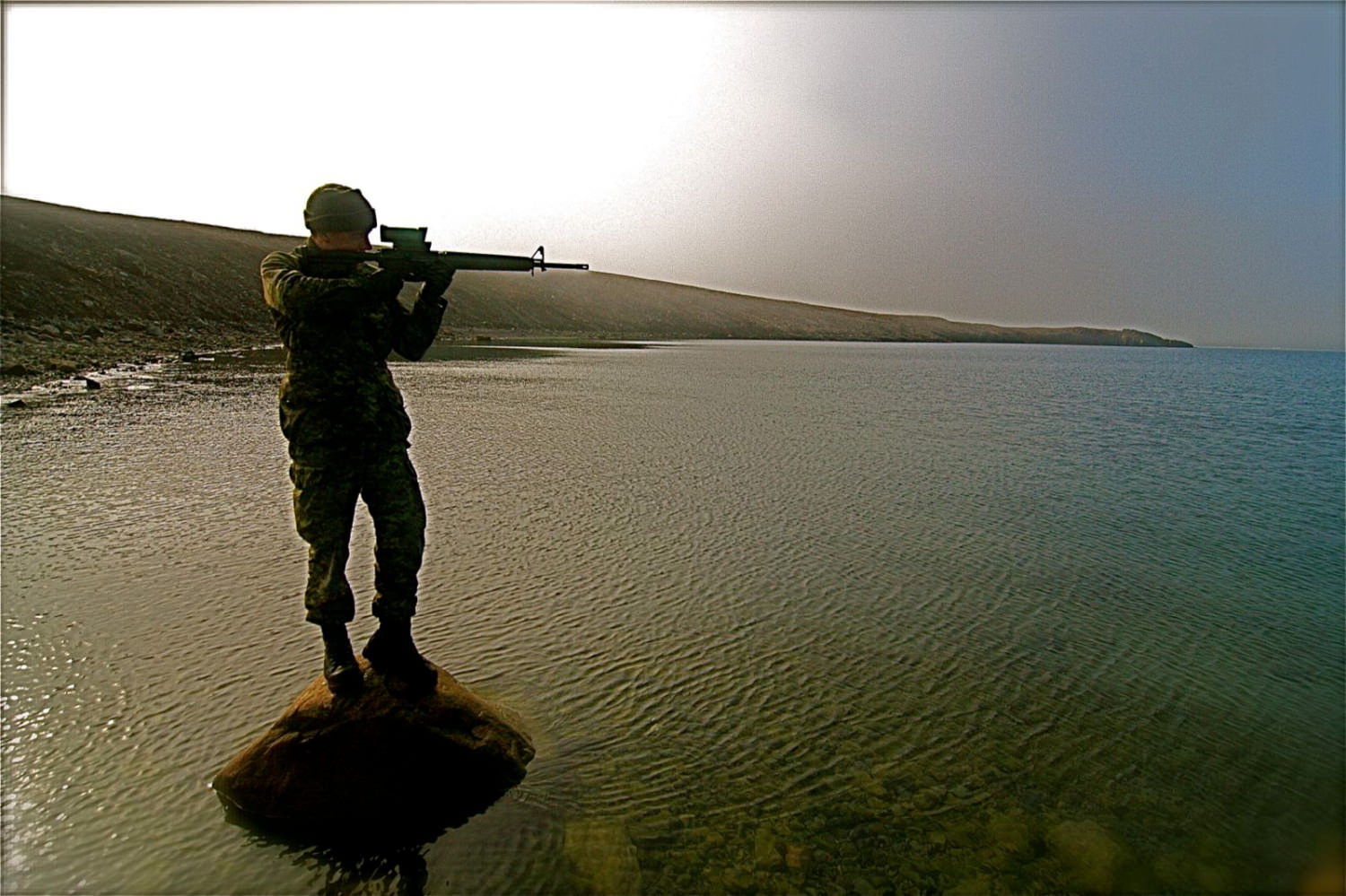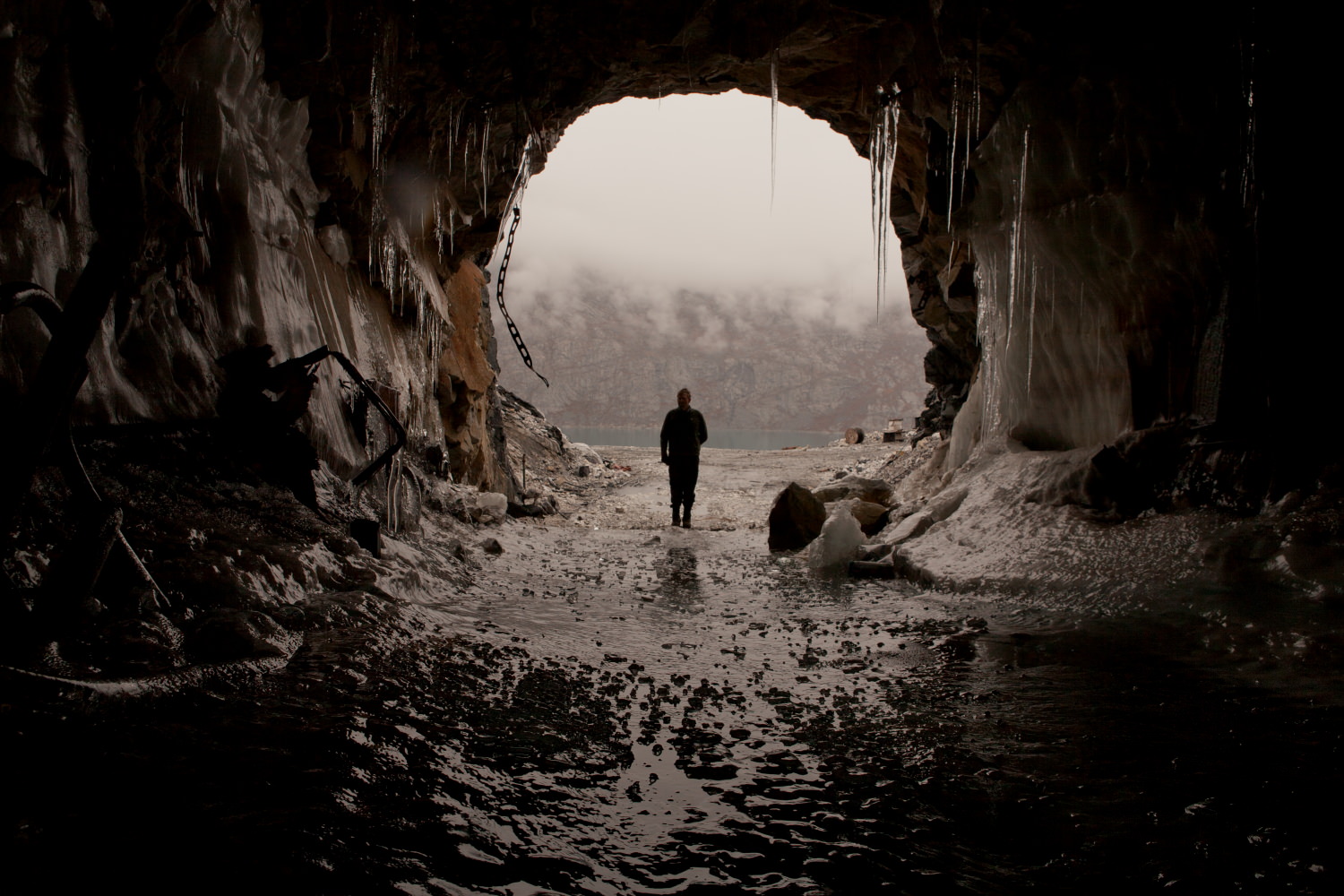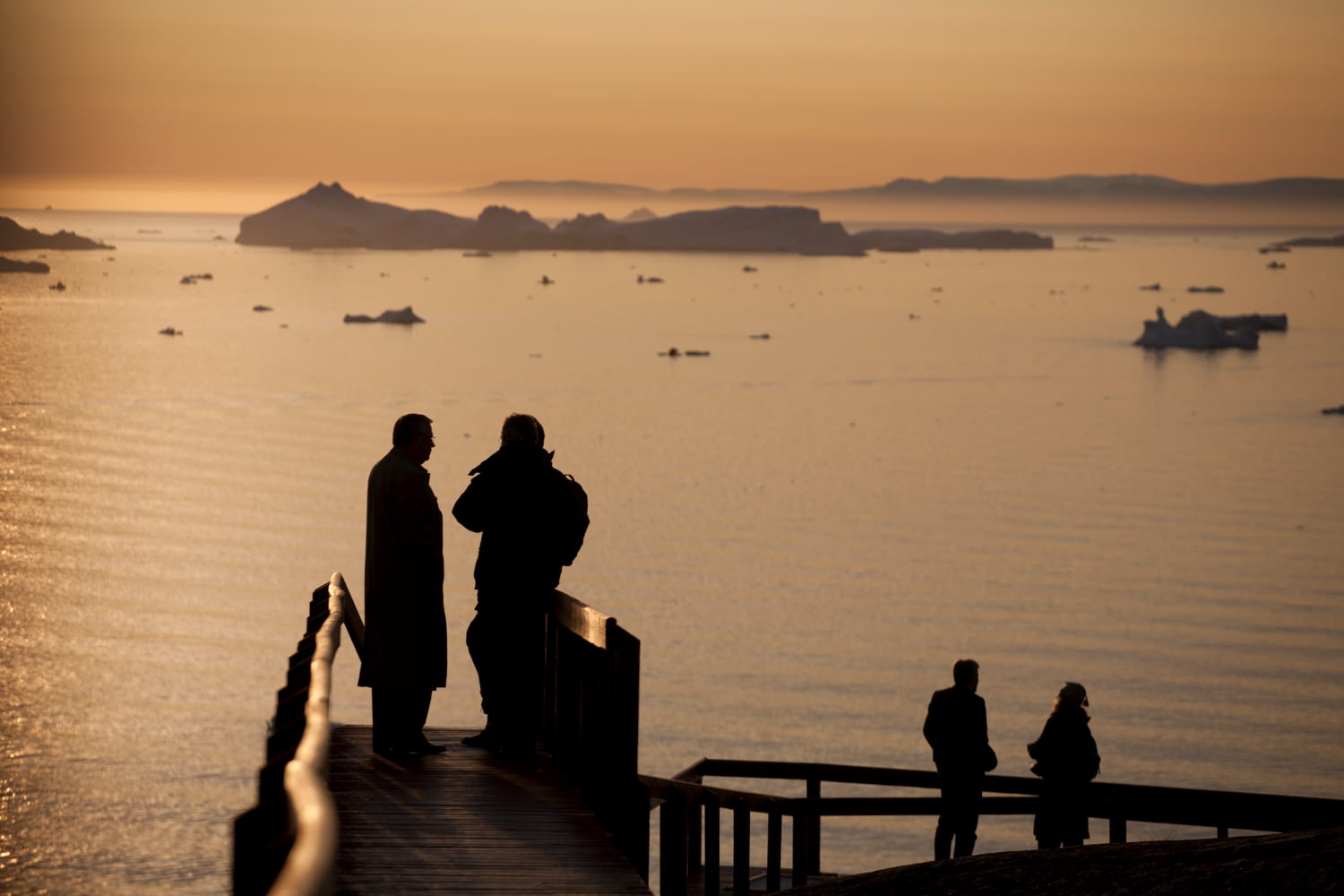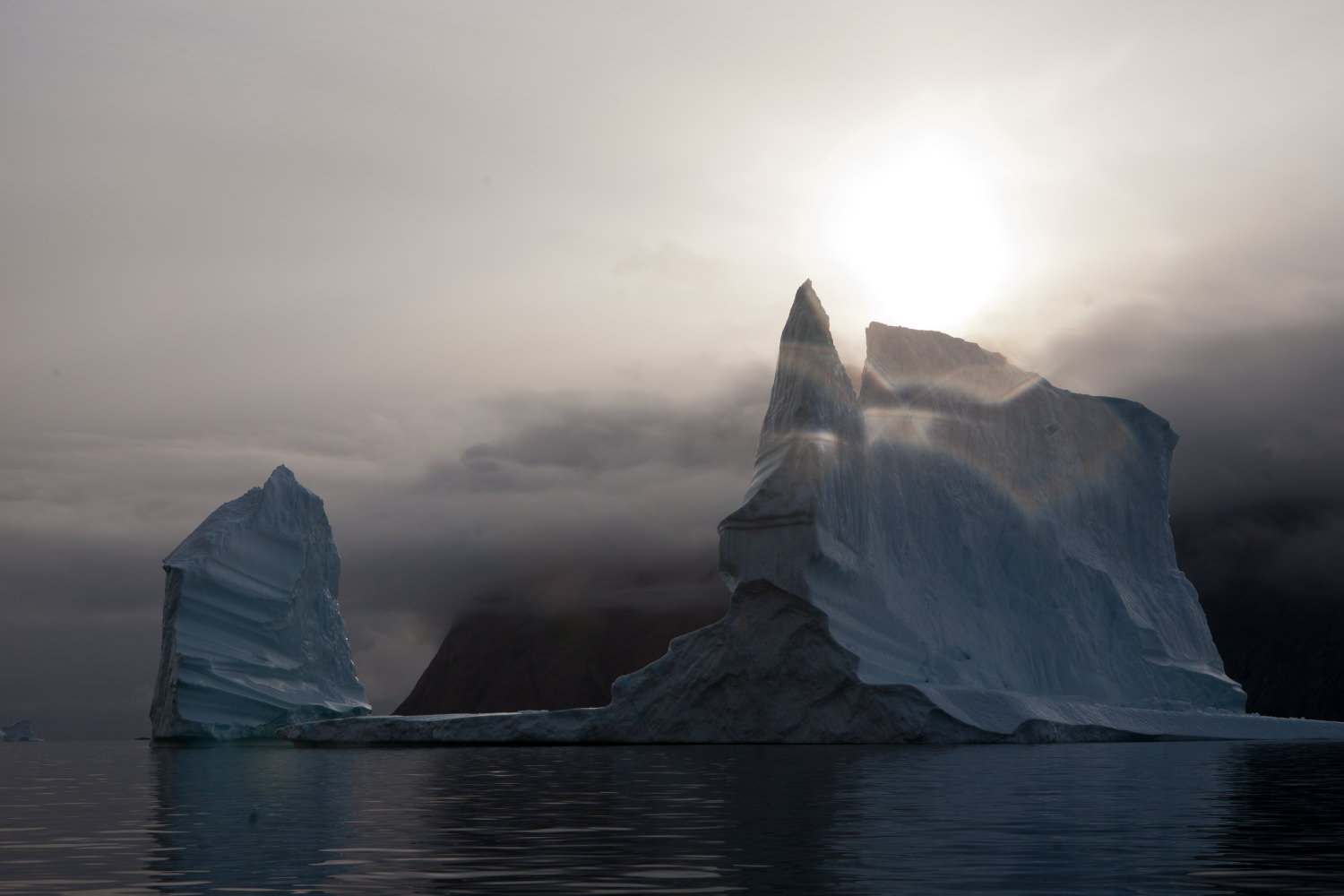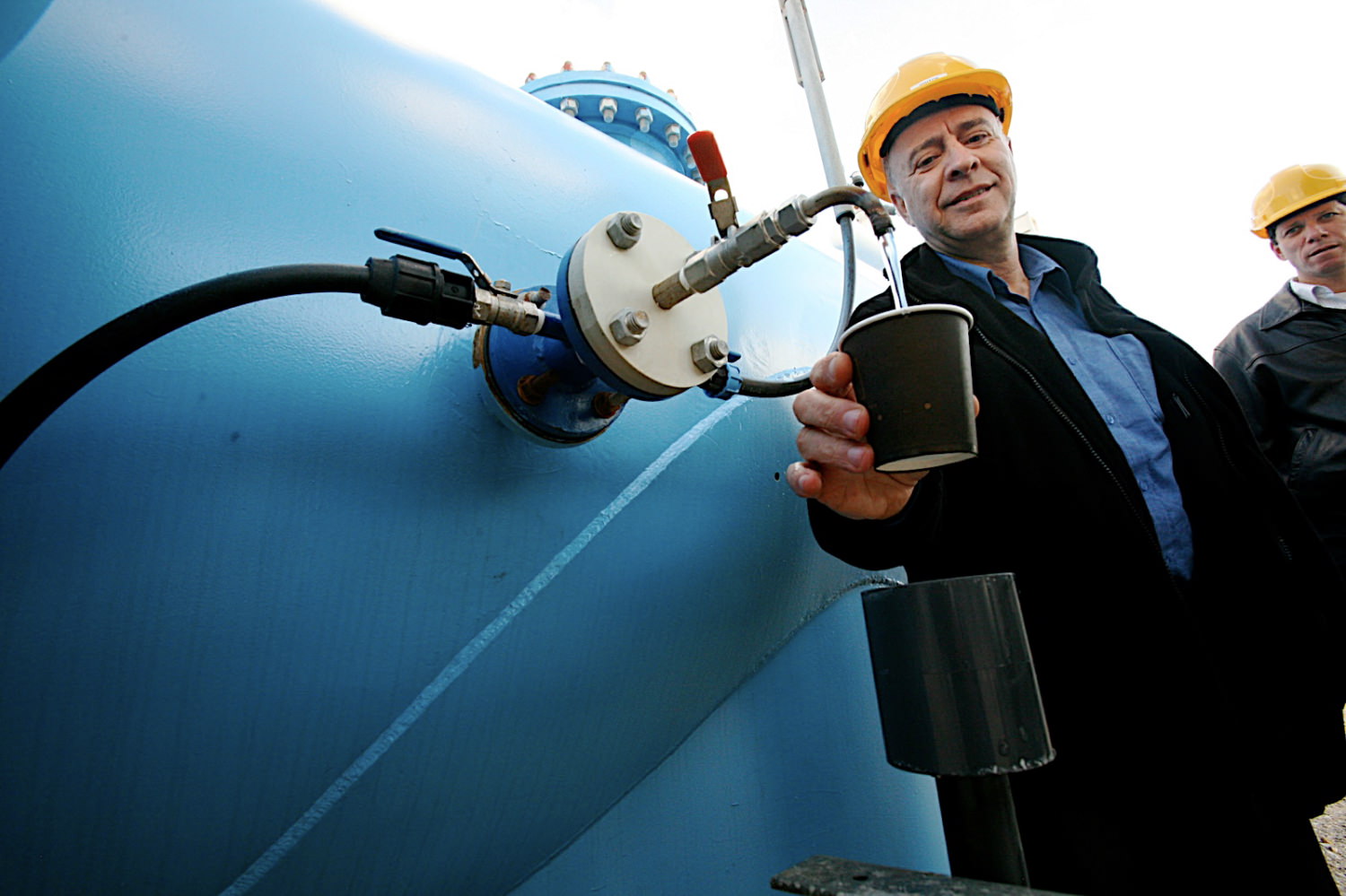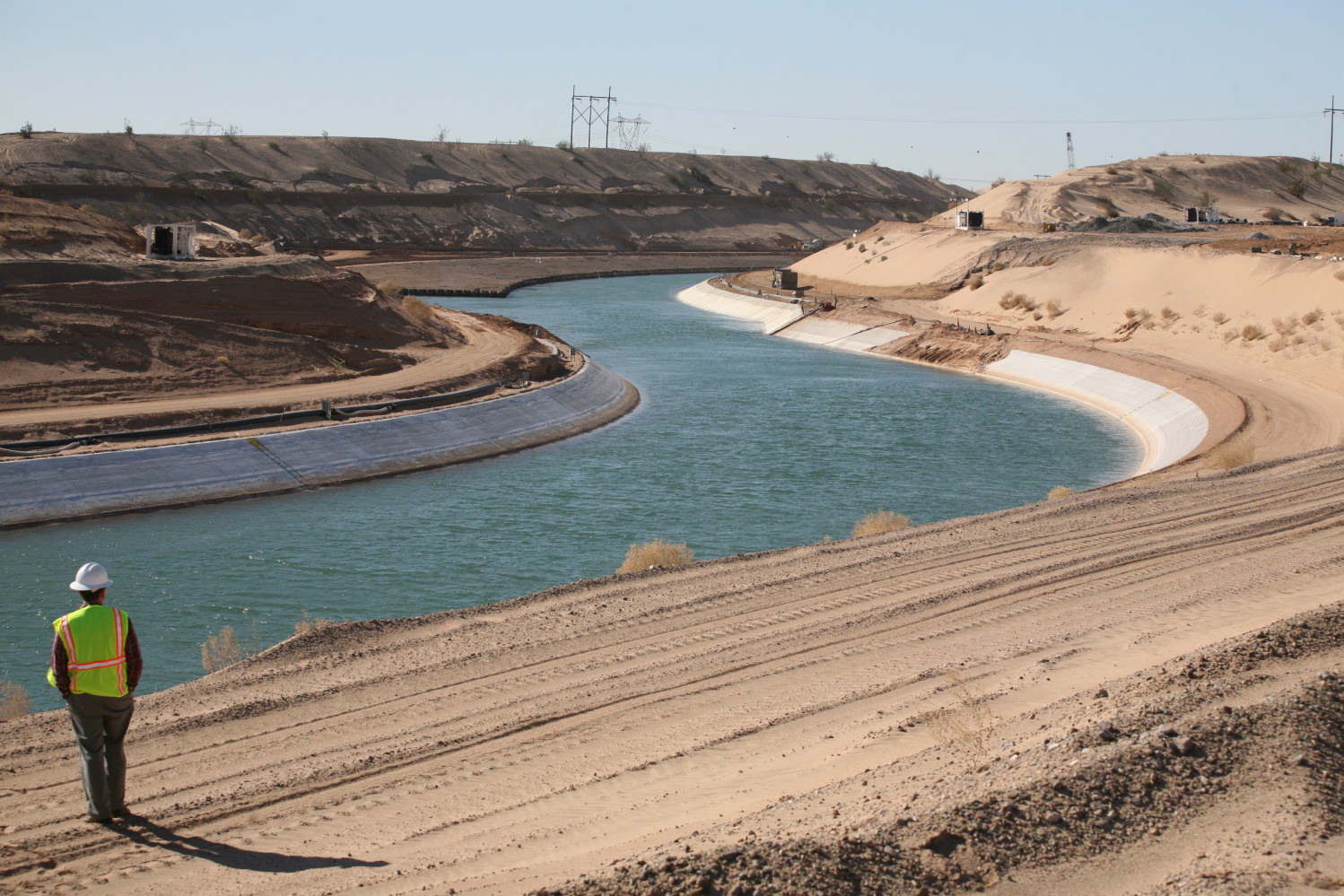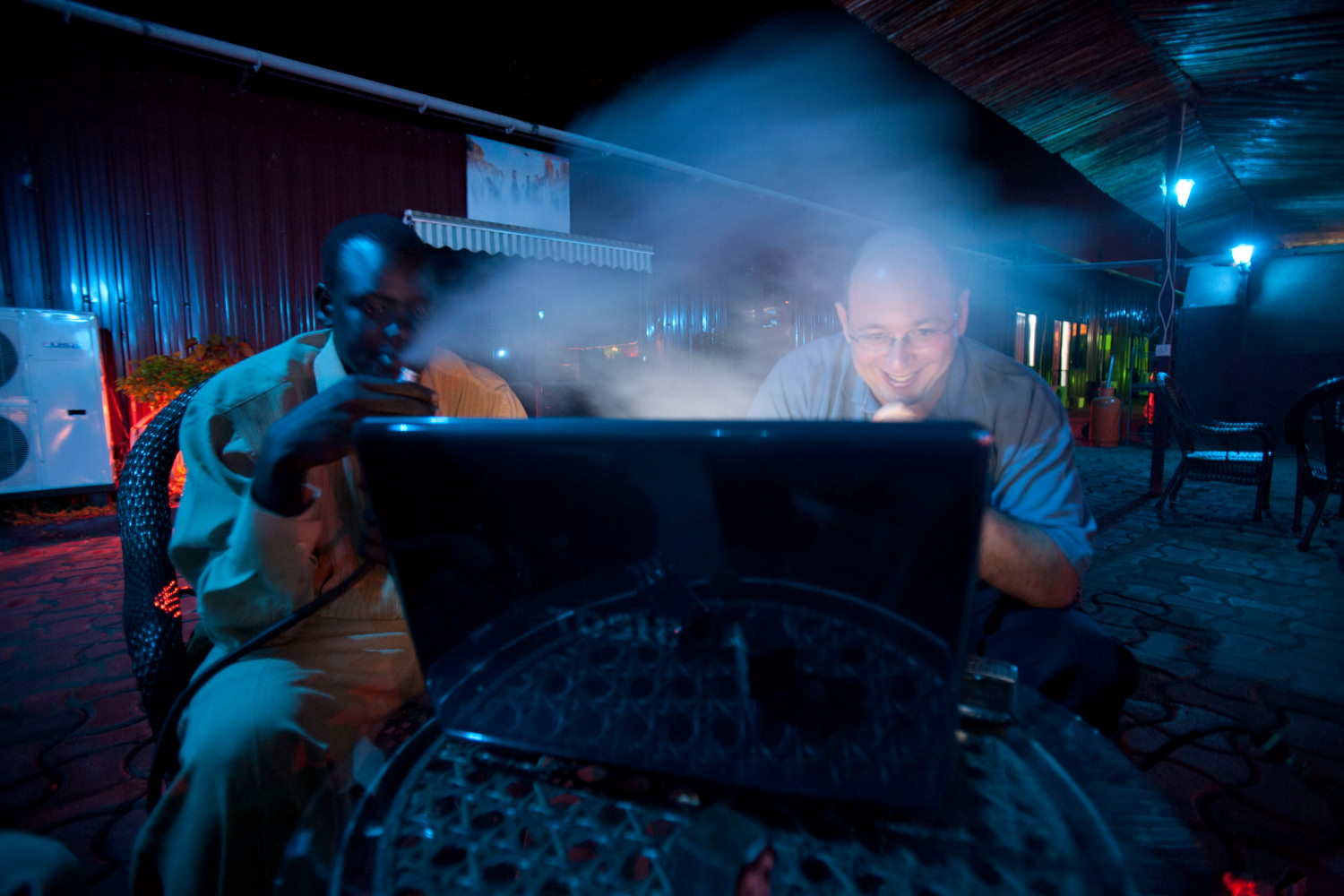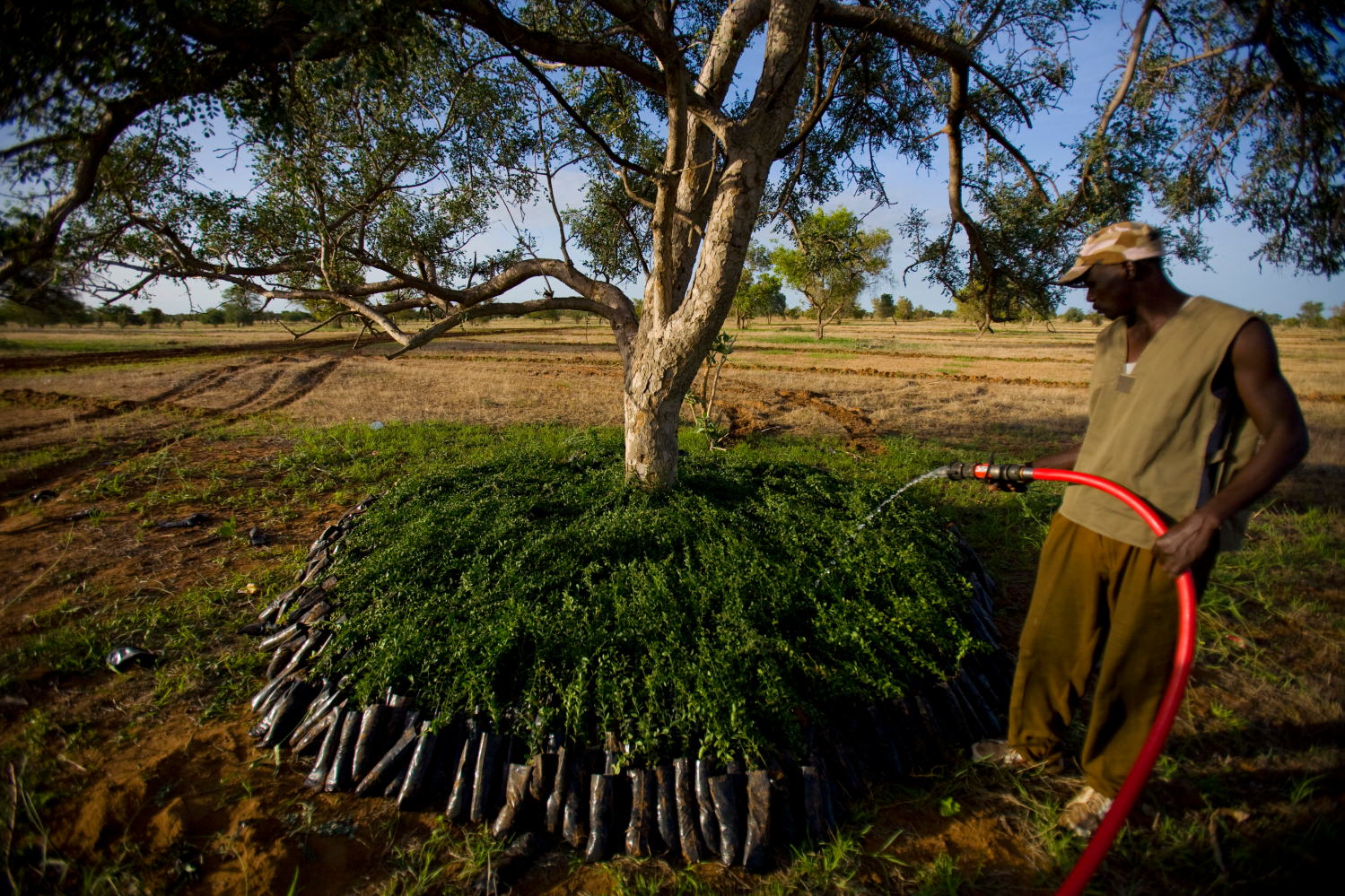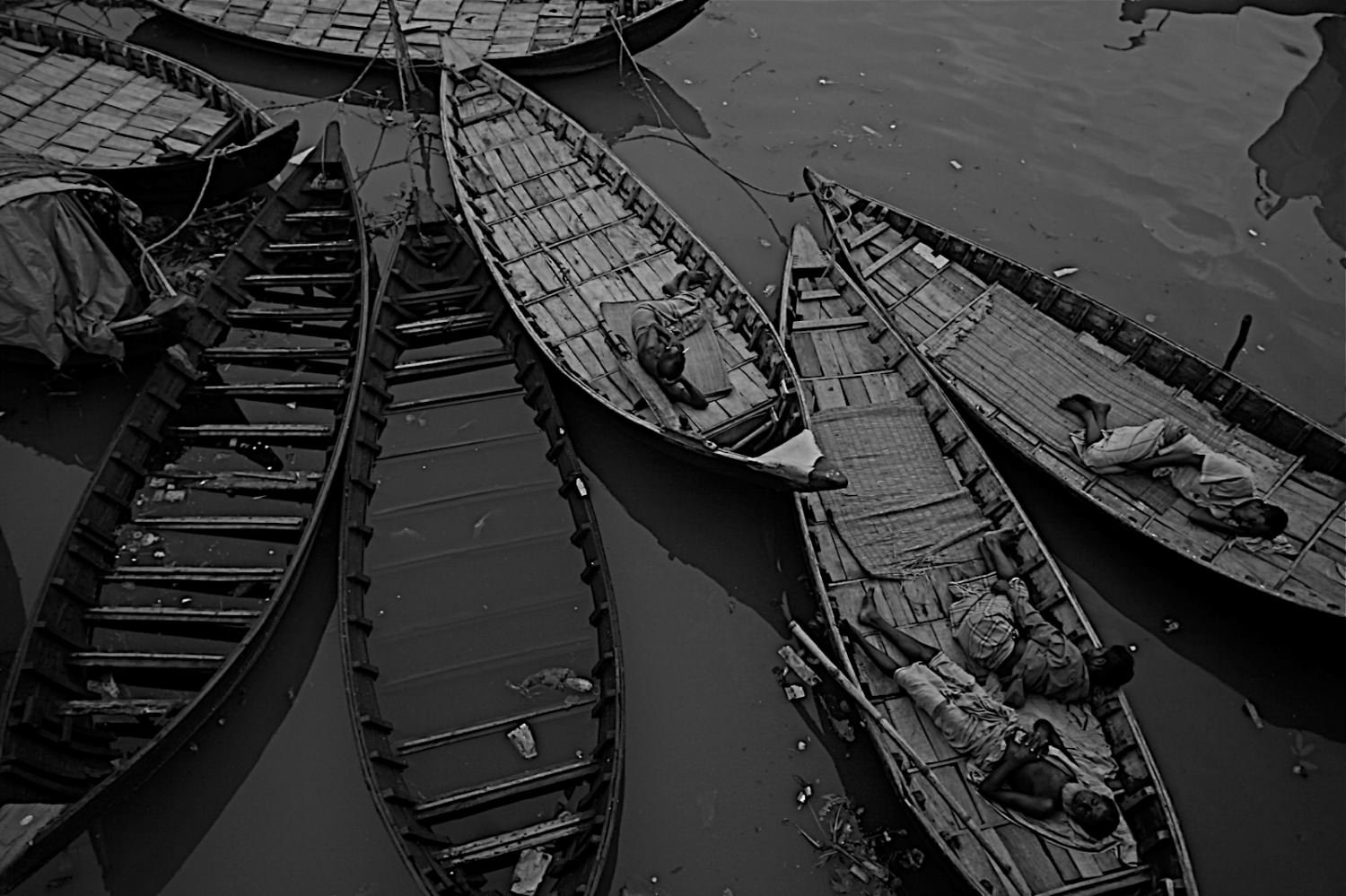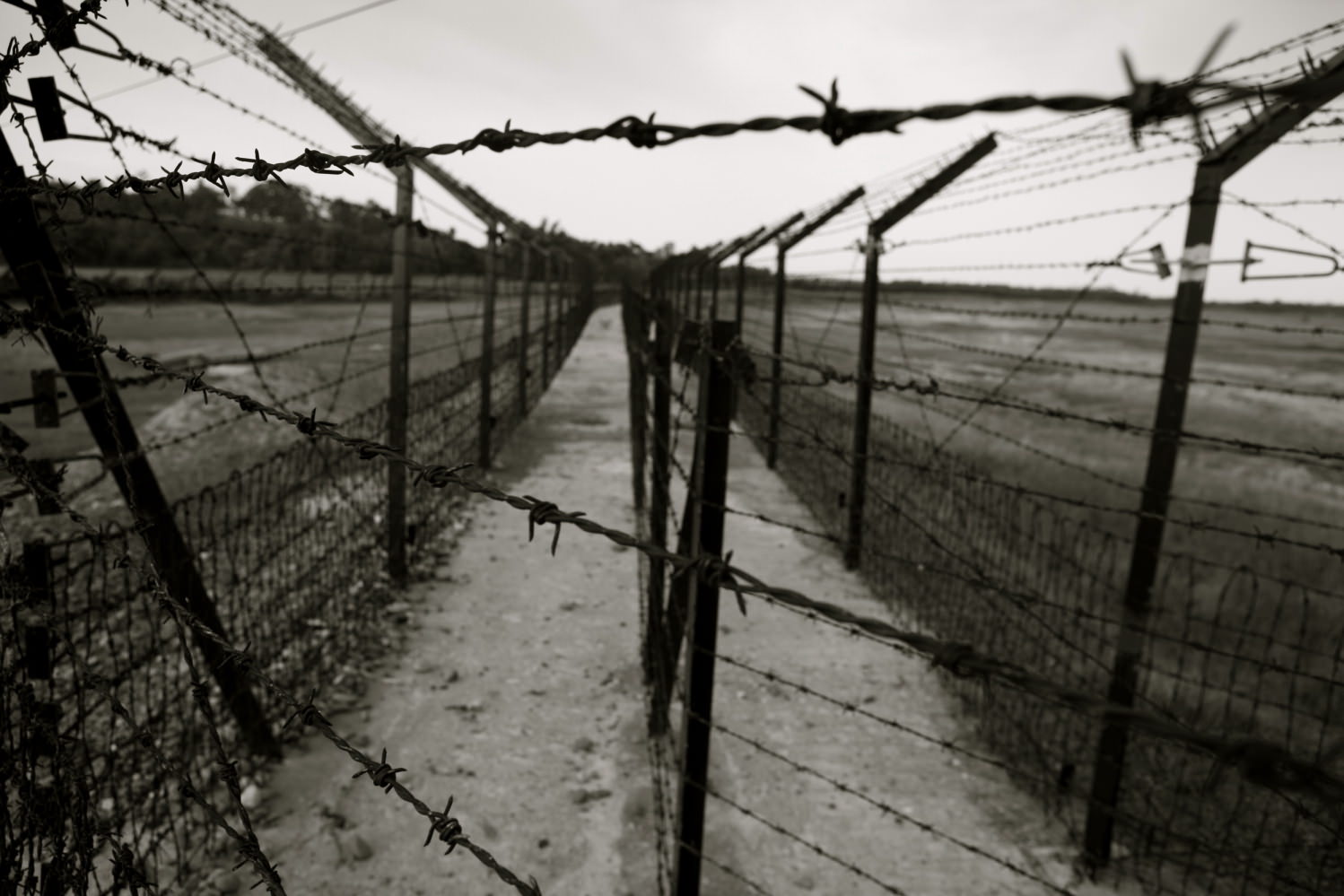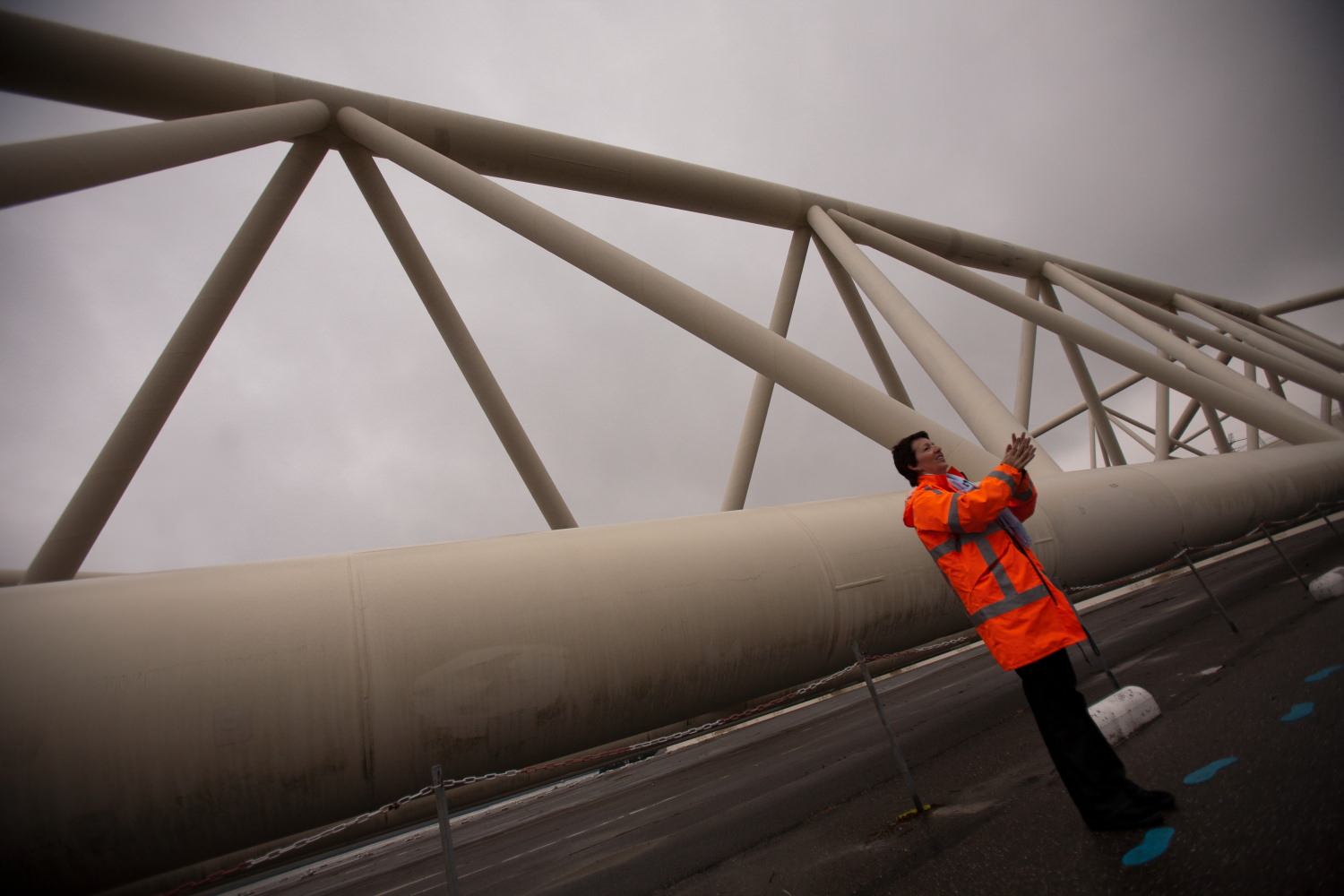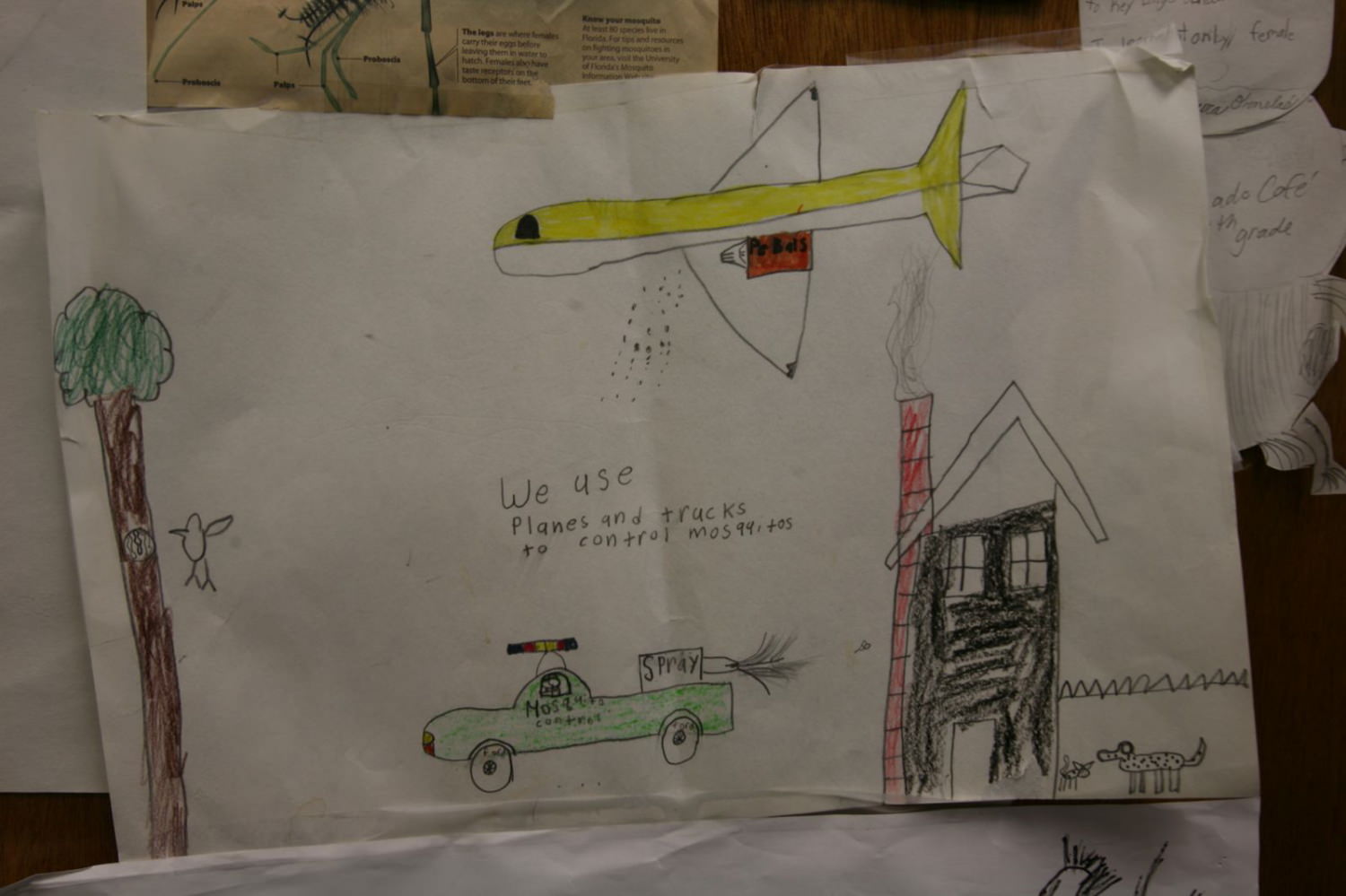
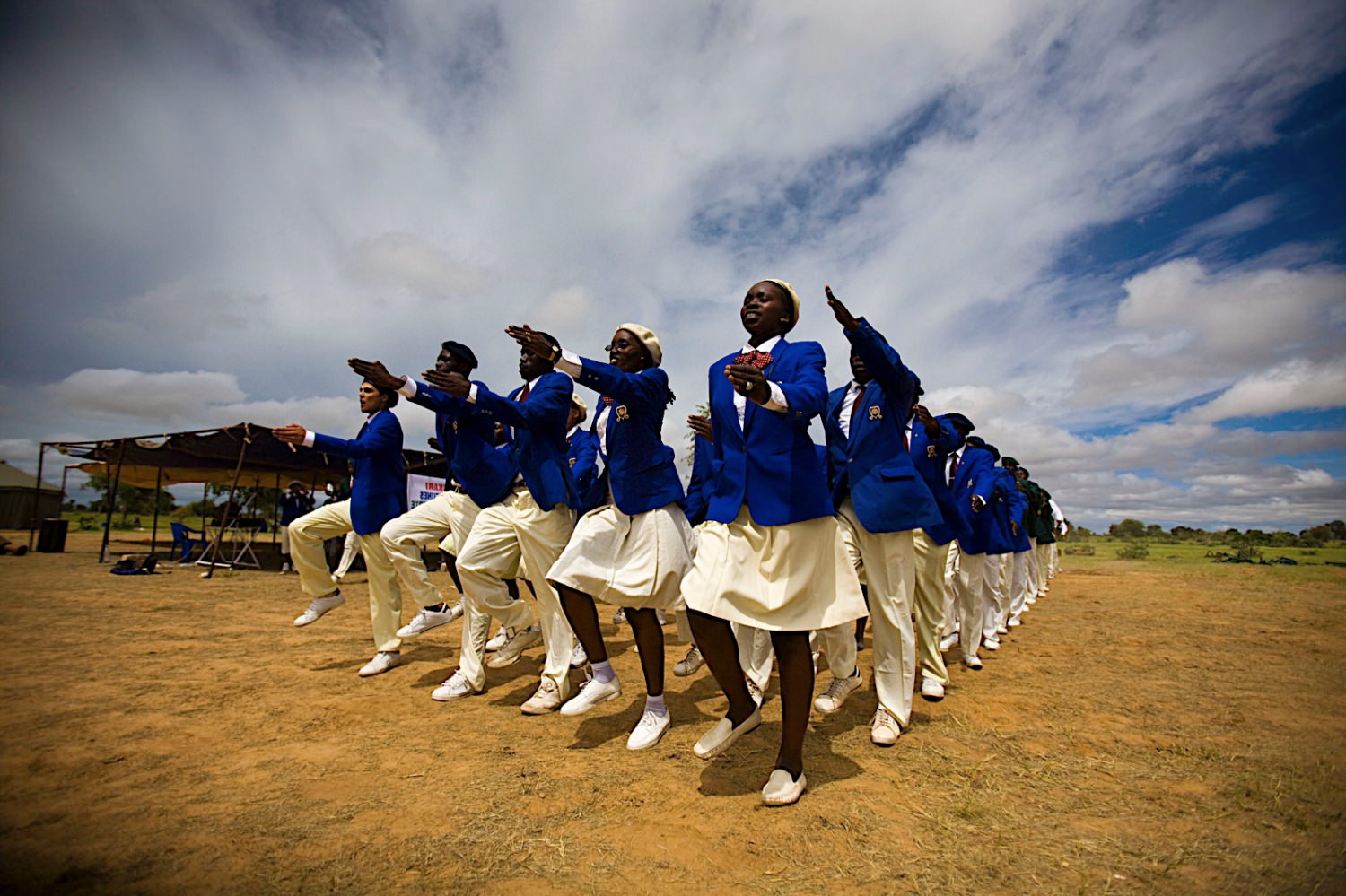
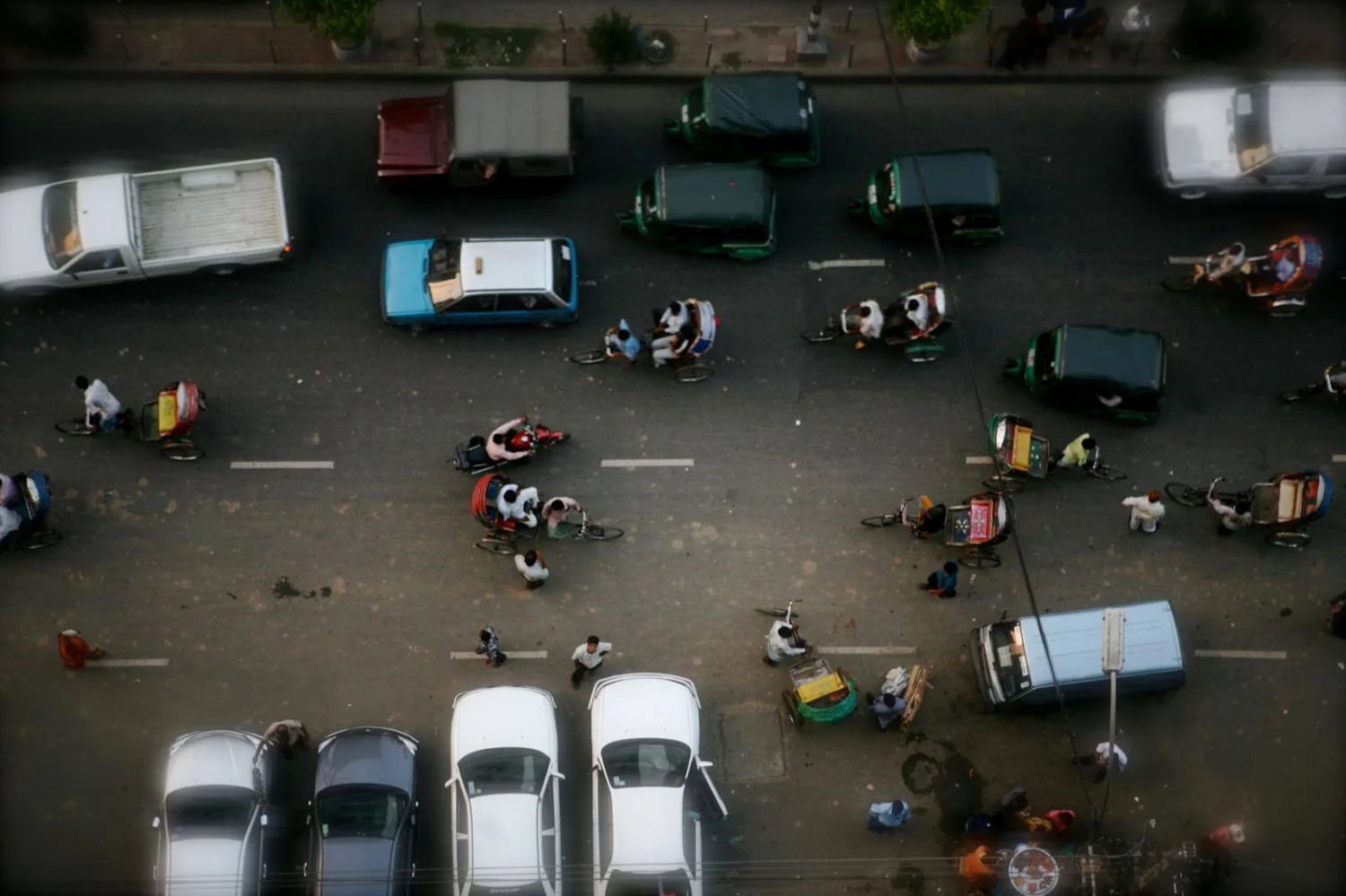

Windfall
The booming business of global warming
Windfall
The booming business of global warming
"Funk's take on global-warming profiteering is as entertaining as it is disturbing."
— The New Yorker, Best Books of the Year
“A shocking account of how governments and corporations are confronting the crises caused by global warming.”
— Kirkus Reviews (starred)
"Funk's original, forthright take on this little-discussed profit-taking trend in the climate change sweepstakes is very unsettling."
— Publishers Weekly (PW Pick of the Week)
"In 'Windfall' McKenzie Funk, an intrepid American journalist, reports on the lesser-known victims and profiteers of climate change [and] brings a dizzyingly abstruse phenomenon down to a more human scale...It turns out that climate change is rather like the financial crisis. Those who may have caused it with their emissions are likely to profit most from it, and the gulf between the world's rich, who can protect themselves from its worst effects, and the poor, who cannot, will only widen."
— The Wall Street Journal (PDF)
“Funk is a first-rate storyteller who packs adventure and humor in his journalist's bag, and delights in the absurd details of business as unusual. Perhaps the only fun book on global climate change you'll ever read.”
— Charles Graeber, author of The Good Nurse
"Funk's talent shimmers from the pages of Windfall, pushing the boundaries of investigative journalism and literary non-fiction."
— Eliza Griswold, author of The Tenth Parallel
"McKenzie Funk travels the globe like some sort of journalistic special agent, patrolling the melting Arctic on a Canadian battleship one minute, breakfasting with the son of a Sudanese warlord the next. His secret weapons: a highly sensitive irony detector and a satirist’s eye for vanities and vices that Twain would have admired."
— Donovan Hohn, author of Moby-Duck
"Windfall is a gripping account of how banks, energy companies, engineers, and entrepreneurs have turned a global crisis into a golden opportunity, harvesting short-term profits while sowing the seeds of future ruin."
— Eric Klinenberg, author of Heat Wave and Going Solo
"Smart, daring, and darkly funny, Windfall offers a new take on perhaps the world's most intractable problem."
— Elizabeth Kolbert, author of Field Notes from a Catastrophe and The Sixth Extinction
"Windfall is a shocking and important book that reads, at times, like dystopian science fiction written by Michael Lewis."
— Jon Mooallem, author of Wild Ones
"Funk doesn't waste time with climate change skeptics. Instead, he considers a thornier issue: the true cost of adapting to climate change."
— Associated Press
An Amazon Best Book of the Year: "Like a mashup of Michael Lewis and Mark Twain, Funk is an intrepid investigator and a lively, smart writer. From eco hedge funds to dam building to desalination plants, he shows how climate change is creating new opportunities and a potential boon for cowboy entrepreneurs. This is the rare book that’s both important and highly readable."

Excerpt
Excerpt
Introduction
Windfall by McKenzie Funk
The contract had called for either a boa or an anaconda, whichever would best handle the crowds, and in the end the bankers got the latter: a green anaconda, six feet long and eighty-five pounds, which hung from the neck of a long-haired snake handler who lurked amid the exotic plants, next to the fake waterfall and the model dressed in “Amazonian” garb. Nearby were two scarlet macaws in wire cages, a Brazilian dance troupe, and a hut offering free organic smoothies. At the base of an eighteen-foot waterfall were giant koi, swimming in a pond: forty-five hundred gallons of warm, filtered water that would soon be dumped into the East River. The jungle was in a tent that was at the promenade at South Street Seaport, in lower Manhattan. Thirty by sixty feet, suffused with a light mist, and heated to eighty degrees, the tent had white sides and a clear roof through which visitors could just make out the sky-scrapers of Wall Street. It was cold outside, a typical, thirty-nine-degree February day in early-twenty-first-century New York, so those beckoned inside by the street team—two models walking the streets to entice passersby to the event—had to quickly shed their jackets and scarves, so stark was the difference in temperature. Which was, of course, the point.
The stunt was a coming-out party, the most expensive stop on Deutsche Bank’s eighty-event “The Investment Climate Is Changing” road show held across the United States. In scale and imagination, it was rivaled only by the ski village and ninety-foot snowboard slope the bank had constructed a few weeks earlier along Rodeo Drive in Beverly Hills: chalets decorated with deer-antler chandeliers and wooden snowshoes, Deutsche Bank–branded ice sculptures, models dressed as snow bunnies, bottled water from Iceland, faux snow blown down from the roof of the Versace store, thirty tons of more realistic snow created by a wood chipper and a freezer truck full of ice blocks, and two pro snowboarders who would later complain that nobody had built them a proper jump. Together, the Manhattan and Beverly Hills events cost $1.5 million, but they were carbon neutral, the bankers boasted, their greenhouse emissions offset by investments in a biogas project in India. At South Street Seaport, every attendee was given a certificate from the Carbon Credit Company as proof. The jungle party, which lasted three hours, produced 152 tons of greenhouse gases, which the average Indian would need three lifetimes to match.
Before a DJ set by the Brazilian Girls—a group with no actual Brazilians and only one girl—the bankers held a press conference. It was early 2008, and as the world was still reeling from a record melt in the Arctic and a scary film by Al Gore and a bleak report by the Intergovernmental Panel on Climate Change (IPCC), half a dozen major investment houses had launched global-warming-themed mutual funds. Deutsche Bank’s was the $2.9 billion DWS Climate Change Fund. The jungle event was meant to promote it. “Without taking a position on climate change,” a press release had explained, the “DWS Climate Change Fund is on the cutting edge of climate change investing.” The event’s objective was “not simply to show that climate change is happening,” said the executive Axel Schwarzer, “but that it creates related climate change investment opportunities.” Another release went further. “The debate around climate change is shifting away from cost and risk,” it said, “toward the question of how to capitalize on exciting opportunities.”
More ≫

Gallery
Gallery
